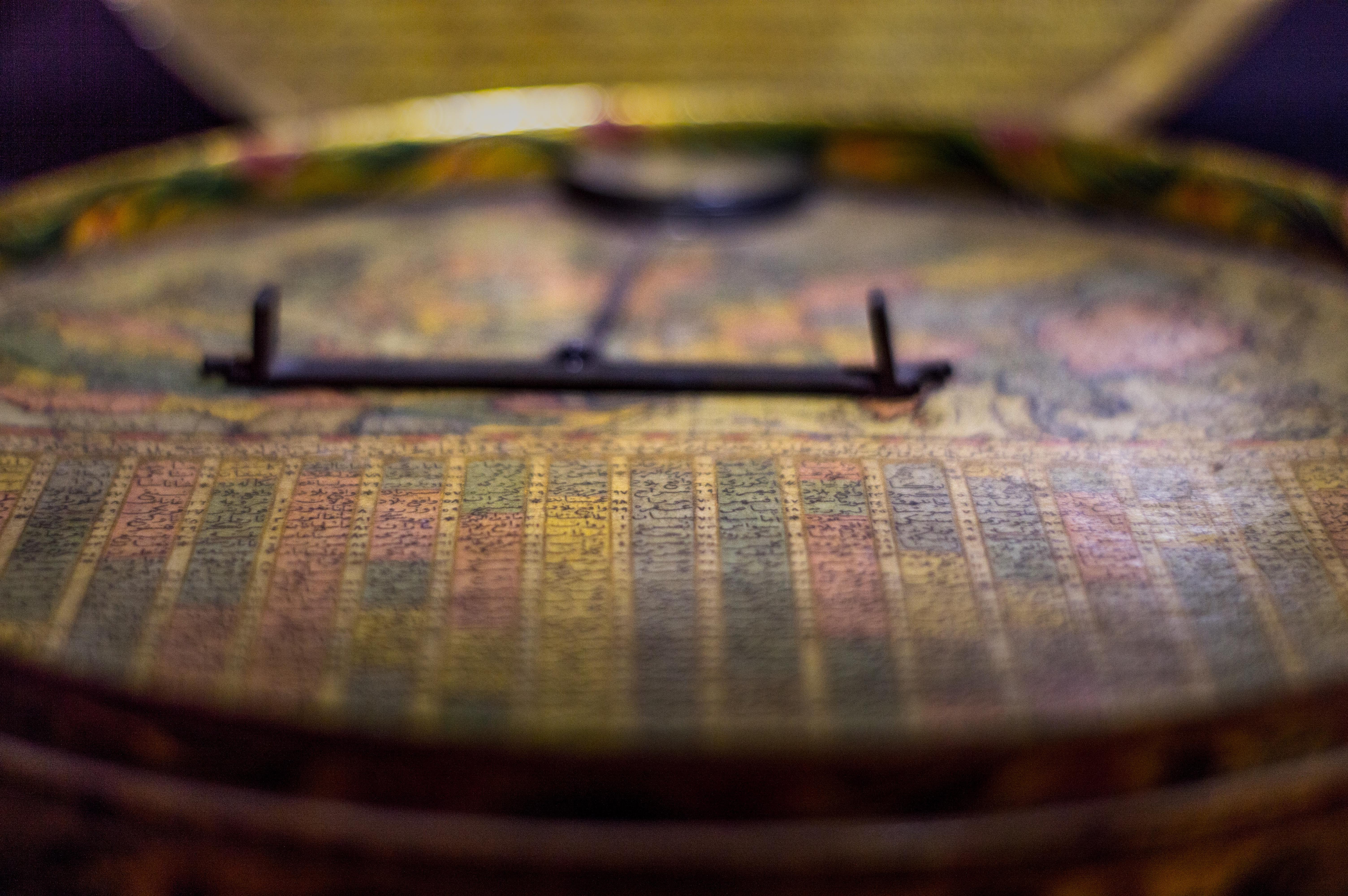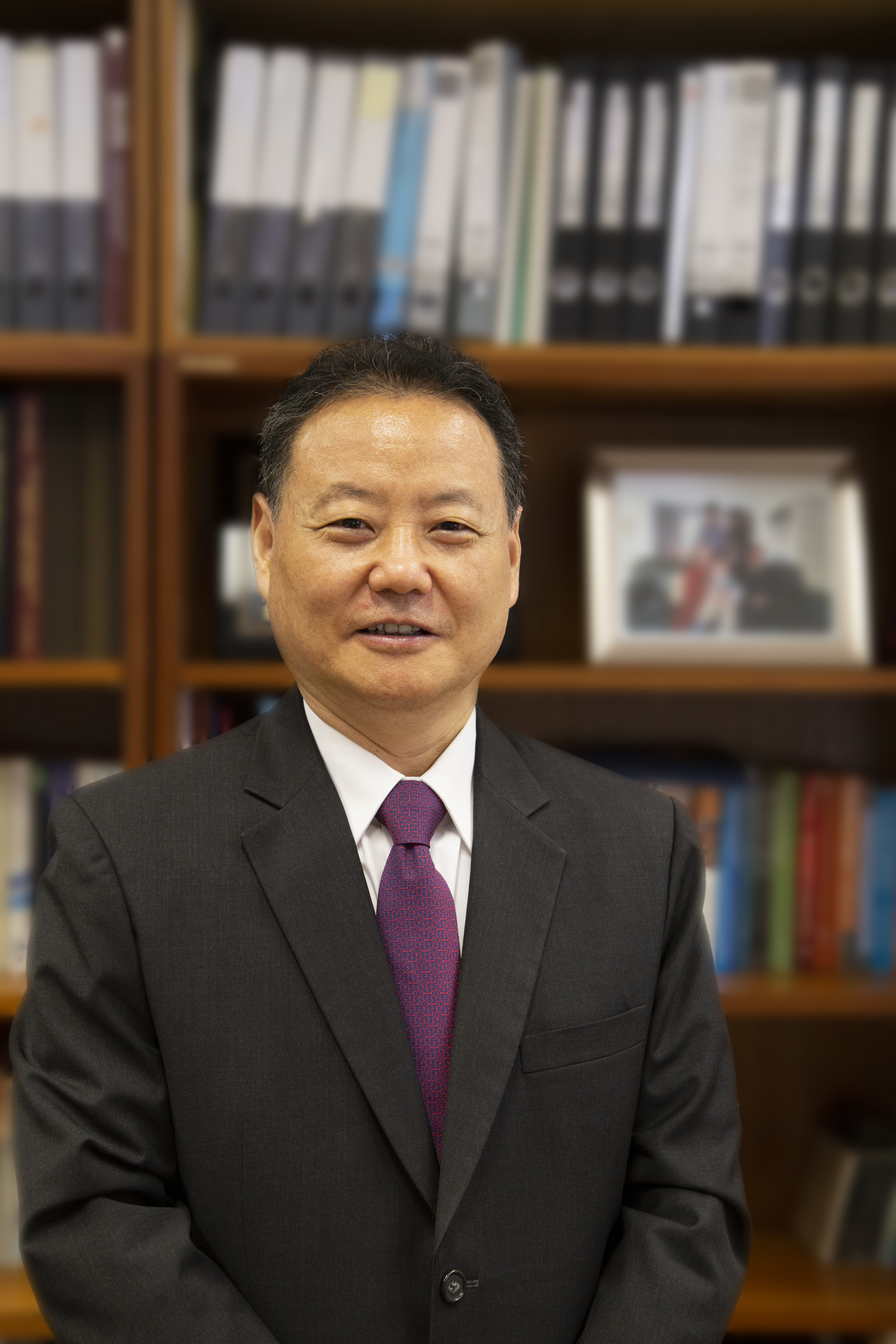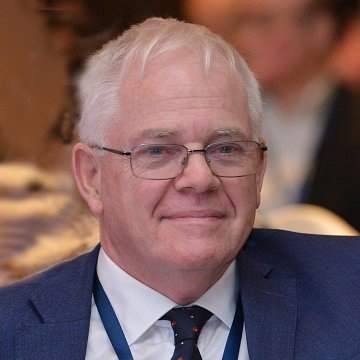Humanities and Arts: East and West
- Marijk van der Wende, Utrecht University
- Rui Yang, University of Hong Kong
- Simon Marginson, University of Oxford
Event Materials
This event is now archived and we are pleased to provide the following event media and assets, along with the original event overview.

Speakers: Marijk van der Wende, Rui Yang
Chair: Simon Marginson
Marijk van der Wende: ‘The Liberal Arts and Sciences in a changing European higher education landscape’
The re-emergence of liberal arts and science education since the 1990s in European countries was seen as an innovation in higher education. The fact that this was in a way also a return to the classical approach of the curriculum known from the medieval European university, was over stemmed by the idea that this US model of undergraduate education could well fit an increasingly utilitarian context as driven by notions of knowledge economy and global competitiveness.
It was seen as to contribute to the concurrent aims and expectations of the time: internationalization and interdisciplinarity of the curriculum, the development of 21st century skills, more selectivity (excellence) and differentiation at system level.
But beyond these innovative and utilitarian features, how was the liberal aspect actually considered and perceived? What about the inherently related values of personal freedom and development, in relation to both curriculum as an individual and intellectual journey and community as a social and civic process? What about the local, national and global dimensions of the expected responsible citizenship as an outcome?
The question whether it can actually be taken for granted that this implies democratic citizenship and whether a liberal education can exist in an illiberal context at all (Van der Wende & Kirby, 2016) deserves further reflection in the context of recent and seemingly ongoing developments in (and around) Europe.
Liberal education became a target of illiberal regimes; the CEU was banned from Hungary and Smolny (St. Petersburg) was deemed by Russia “an undesirable organization” and closed. These trends seem to be part of illiberal reactions to higher education, associated with growing populism and (neo)nationalism. Yet illiberal trends may also come from within, associated with wokeness and cancel culture, and paradoxically perhaps, some liberal arts and science colleges in Europe seem to be hotspots of such trends.
Rui Yang: ‘Invigorating China’s Soul: A Sustained Effort of Contemporary Chinese Academics in the Humanities and Social Sciences’
Ever since China’s institutionalization of a modern knowledge system based exclusively on Western experience in the mid-19th century, Chinese thinkers turned to the West for truth. The system provides little space for China’s vast indigenous intellectual traditions. Meanwhile, Chinese traditions remain omnipresent and ubiquitous in the society. The fundamental differences between Chinese and Western traditions have created great difficulties for educators and the educated. Such struggles have continued well into the present. For over a century, China’s thinkers have never felt settled spiritually, and its formal education fails to serve the society most effectively. Globalization has now intensified the need for integrating both traditions on one hand, and provides unprecedented possibilities to achieve so on the other. This talk explores the desperate search for spiritual homeland by contemporary Chinese academics. It aims to interpret such efforts from a perspective of intellectual pluralism.
About the CGHE webinar series on ‘Do the Arts and Humanities have a Place in Higher Education? Fresh lenses on the debates’
The economic purposes of higher education dominate policy and public discourse in HE systems around the world with graduate labour market outcomes, graduate salaries, and the skills needs of employers increasingly used as markers of educational quality and mechanisms of institutional regulation. Arts and Humanities subjects tend to be associated with relatively modest labour market returns compared to STEM and medical sciences subjects and are often criticised for failing to provide employers with the skills required by a rapidly digitising economy. At the same time, researchers in Arts and Humanities subjects often struggle to show clear impact from their work in a regulatory and funding context that links research value with impact, industrial linkages, and innovation. As such, the Arts and Humanities face criticism, regulatory pressures, and reduced funding. The Arts and Humanities are consequently often described as being in a state of ‘crisis’ and sympathetic commentators, advocates, and researchers regularly attempt to justify the importance of these subjects in both economic and intrinsic terms.
However, the debates over the social, political, and economic value of the Arts and Humanities have been taking place in various forms for more than a century. In fact, the Arts and Humanities have arguably been in a near constant state of crisis since at least 1959, when C. P. Snow wrote his famous essay on ‘The Two Cultures and the Scientific Revolution’. Despite ongoing crises, some expansions and contractions, and some tinkering at disciplinary boundaries, the Arts and Humanities have proved remarkably robust and resilient. Yet critiques and existential justifications for Arts and Humanities subjects remain a regular feature of the higher education landscape with very little meaningful dialogue taking place between either side and no realistic move towards resolution in the debate at either policy, public or academic levels. A new way of framing the discussion of the place of the Arts and Humanities in higher education is clearly required. Therefore, in this seminar series we aim to shift the discourse and reframe the discussion by bringing together different perspectives to examine the place of the Arts and Humanities in relation to society, politics and the economy through the lenses of individual students, academics and researchers, institutional governance, national policy, and global discourse.
You need to register individually for each webinar in the series. You can register for the other webinars in the series here.
Event Materials
This event is now archived and we are pleased to provide the following event media and assets, along with the original event overview.
Booking
You will need to register to join this webinar. Please register here



